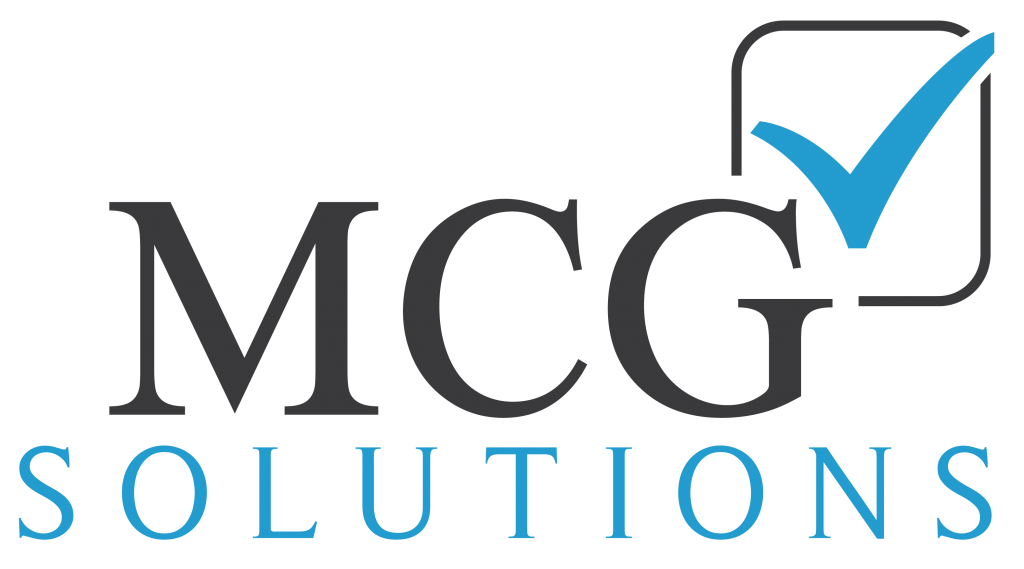Turning the calendar over into a new year represents a fresh start for people and businesses alike. It also represents the beginning of thetax season. In the coming weeks and months, you will need to gather all of your important tax-related information (if you haven’t already been collecting it) and complete all your tax paperwork to submit your information to the IRS and either receive tax returns or make payments of any money still owed.
Here’s a quick overview of the information your business needs to have on hand.
Income:
Collect and report information regarding all income sources. This will, of course, include income from day-to-day operations, but could also include sales records for accrual-based taxpayers, gross receipts from services or sales, rental income, fuel tax credits or refunds, interest earned on business checking or savings accounts, and any other returns or allowances.
Expenses:
There are many costs that can be qualified as business expenses. Make sure you record all of them on your tax return, as this will help you earn certain deductions. Examples of expenses to track include advertising, technology (phones, computer, internet), transportation and travel, depreciation of equipment or other assets, commissions and fees, contractor expenses, business insurance, professional fees (lawyers, consultants, accountants), office supplies, rent, interest expenses, home office expenses,employee benefits, wages and other expenses.
Cost of goods sold:
If your business produces, sells or purchases merchandise, you will also need to consider the goods sold and your inventory of these goods.
Information you will need for your taxes includesthe beginning dollar amount of your total inventory at the start of the year, and the end-of-year inventory total dollar amount. You should also track inventory purchases, materials and supplies you currently have on hand and any items that might have been removed from inventory for personal reasons.
In addition to tracking all of this financial information, it is important to make sure you are gathering and preparing the proper tax forms.
Small businesses should complete Form 1099-NED and Form 1096, as well as Forms W-2 and W-3. Talk with a tax preparation specialist to see if there are any other forms that you will need to fill out that might be unique to your industry or your specific business structure or financial circumstances.
The next three months are often a whirlwind for small business owners who are attempting to stay on top of their day-to-day operations while also completing all of their tax responsibilities.

